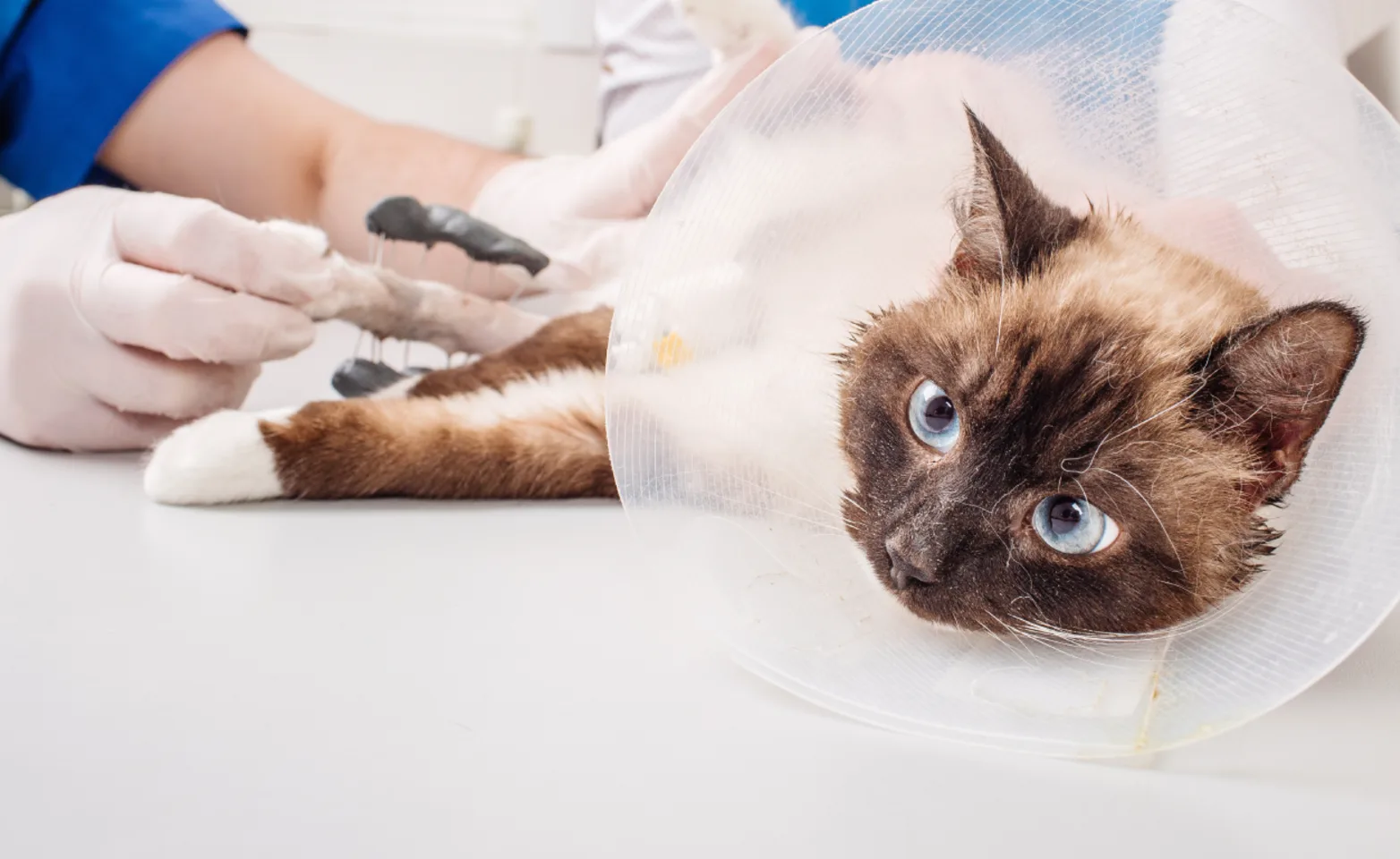Virginia Veterinary Centers

Surgery

We believe you and your pet deserve the very best medical, surgical, and support services available—and our surgery department strives to deliver on that every day. We build on the care you receive from your primary veterinarian by providing advanced diagnostics, sophisticated technology, and the skills of our board-certified surgeons. Our surgical staff also blends seamlessly with our other departments to bring your furry family members incomparable care. Throughout the entire VVC experience, you’ll find us to be accessible, communicative, and genuinely compassionate partners, no matter what your pet is experiencing.
Services:
Minimally Invasive Surgery
Orthopedic Surgery
Neurosurgery
Soft Tissue Surgery
What is a board-certified surgeon?
Board-certified veterinary surgeons focus on techniques and technologies to manage complex surgical problems associated with soft tissue and orthopedic abnormalities. In addition to undergraduate training and four years of veterinary school, they complete an internship and residency in their specialized field, an additional three to five years of training. This is followed by a rigorous examination from the American College of Veterinary Surgeons. Passing this examination grants the status of Diplomate of the American College of Veterinary Surgery (DACVS).
Board-certified surgeons work closely with owners and the primary veterinarians before and after surgery in a team approach to ensure continuity of care for your pet. Most ACVS Diplomats work at a large hospital or referral center. In addition to having advanced surgical training, they also have access to state-of-the-art facilities, specialized equipment, and trained support staff that may not be available to your primary veterinarian.
